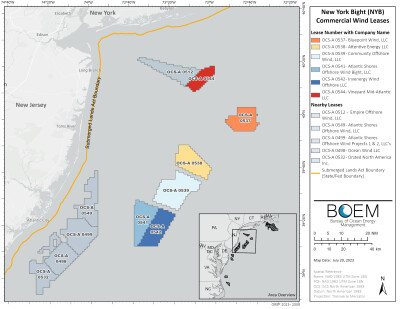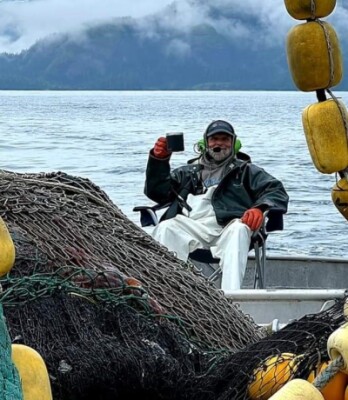Texas is likely to receive a windfall payment of as much as $4 billion in 2014, and analysts say the challenge will be to properly invest that money in ways that will provide long term success without burdening taxpayers, 1200 WOAI news reports.
A federal judge in Louisiana is likely to decide in the next four months how much BP must pay in actual damages from the 2010 Deepwater Horizon Gulf of Mexico oil spill.
Unlike most civil penalties, which go to the federal government, Congress in the RESTORE Act has decided that the money from the BP settled will be distributed to the five states which border the Gulf of Mexico.
But Daniel Rothschild, a senior fellow at the free market R Street Institute, says huge sums of money in the hands of greedy and irresponsible politicians can come back to burden taxpayers, and Texas needs to make sure that doesn't happen.
First, he says officials have to avoid the urge to create new bureaucracies which will have to be funded by taxpayers after the oil spill money is gone.
"Using this to do what some have suggested to create 'green jobs' corps and civilian conservation corps, that is going to have long term serious ramifications for the state," he said. "It means more people on the government payroll, and in the future taxes are going to go up to continue to pay for it."
Read the full story at WOAI>>






